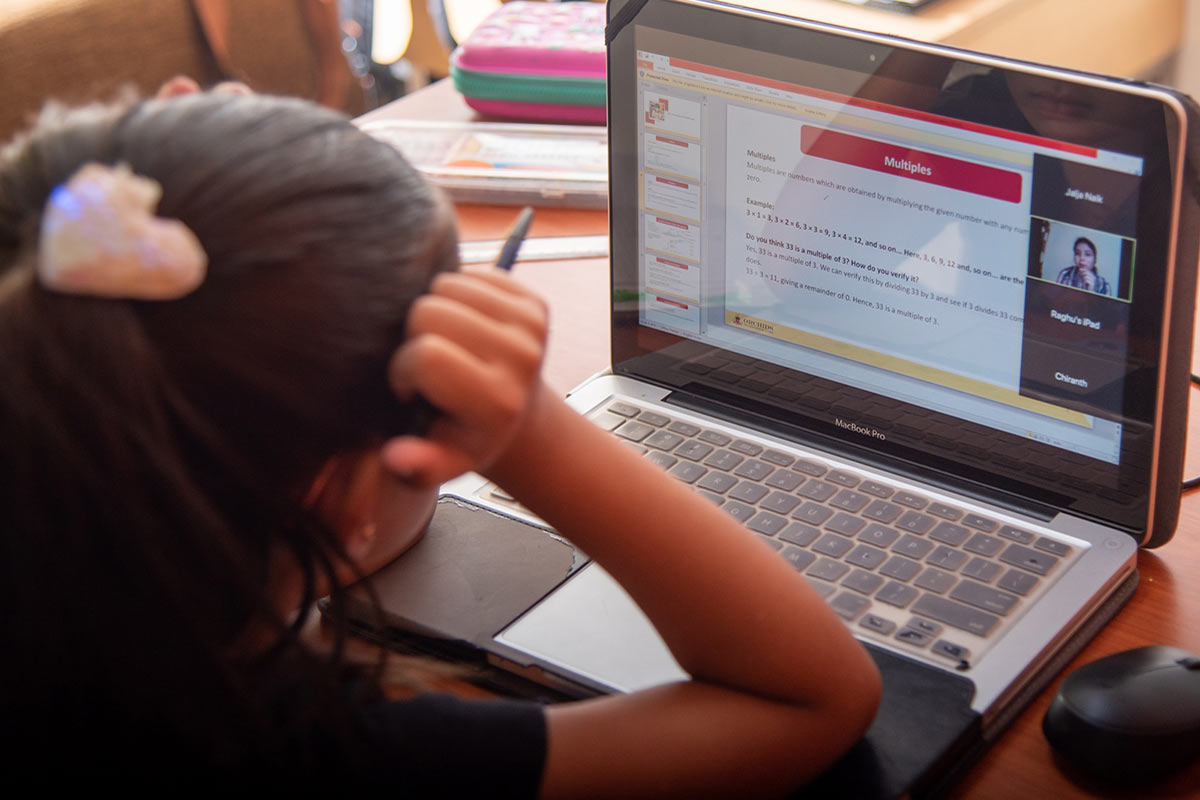During my Career Counselling sessions, I have come across parents and few students who have decided to drop a year to attempt their competitive exams. Is this a wise choice?

Before we go on to decide if this is an option, let us see, why they think this as an option, in the first place. The most important reason is that, the students in most cases and parents in specific cases, want their kids to study well for their board exam, without burdening them with additional coaching for competitive exams like IIT or NEET. The other reason is that some of them fail to plan and forget applying for the exams and are forced to wait another year. The third reason is some of them really do not know what to do and hence give all exams and hope they pass in few. When they do not, they try for it the next year again. Last year, 3 students whom I counselled dropped a year as they got their clarity only towards the end. All three have got into the fields of their choice this year.
One of the ways to ensure that your child gets his/her aim in the first attempt itself is to understand what the child is good at. The correct way to go about is, to get the child career counselled using scientific tools and then decide which exams to seriously prepare for. That will also give you the insight into which exams to apply for well before time and not miss the dates.
As for the people who want to just concentrate on board exams only, well there is no “One Solution” that “Fits All”. My experience with dealing with children during counselling and then following it up with them later, has revealed that DROP YEAR should only be considered in case the child is a person who can organize themselves and their studies. I have noticed that students who are ready to go for an 8-10 hour regular tuition classes in a residential format, do better the next year and get through in NEET and IITs. However, for a Child who is disorganized and unplanned in most cases, do not get any benefit of dropping a year. Their scores would remain more or less the same.
Therefore the ideal pathway that parents should follow, is to first identify what your child is best suited for. I have counselled several students who have taken PCM Stream, when they are actually suited best for Arts or Commerce. We unnecessarily burden them with subjects they are not interested in. In fact one child, now in college confessed to me that his Class XI and XII were the darkest period of his life.
Parents must get those kids career counselled who do not have clarity as to what they should pursue. You may write to me at sajan(at)renergetics.com to know more about the Career Counselling process methodology designed by leading psychologist Dr. Chinu Agrawal, PhD, Founder Director of Feeling Minds, and to know counselors in your city.
Once the children understand which path to pursue, then fill in the applications for the exams, well in time. Please read my previous blog which highlights this dilemma HERE. (https://sajanspeaks.wordpress.com/2019/05/17/plan-ahead-parents-of-children-in-class-xii/)
Then start the preparation in due earnest in the first attempt itself. It is good to take the assistance of a home tutor or a coaching institute to prepare for the exams. You should think of a drop year only if your child is capable of sustained and regular efforts in the following year.
“The time to repair the roof is when the sun is shining. ” ― John F. Kennedy [State of the Union Address 11 Jan 1962]
I wish you the very best in getting your children to their pinnacle of their potential and settling them in great career paths ideally suited for them to have Happy Lives by planning ahead of time.
Good Luck to you and your kids.






Contact details of career counselor at Patna
Have replied to you by mail
This blog specifically links the decision to drop a year to preparing for a competitive exam. In my view, this is not a correct assumption. Dropping a year, or gap year, can have many more benefits, and I think should be considered very seriously by both students and parents.
In general, in India, we prefer to follow standard formats. The education to career format involves:
(a) Doing well in the board exams
(b) Appear for an entrance exam for a career of your choice – career counselling being a fairly recent development to guide towards choice of career
(c) For most careers, follow up with post-graduation, either in the same field, or through competitive exams for various MBA/ PGDBM courses
(d) Hope for a good placement
If one includes at least the first two arrears of the initial career, by the time you are past stage 4, one is around 25-27 years old. Just about the time when other life attributes tend to become important. What follows is another standard format – marriage, children etc. And before you realise, you are in middle age. Through all this, where is the time to pick up some useful skills, or for that matter, to try and follow a passion which may or may not be a career option. This is where a gap year can be very useful. Acquiring language or IT skills, for instance, or to pursue a formal dance or music course. Even a couple of months of backpacking serve as great learning experiences.
I agree with Sajan that it is not only possible, but very likely, for students to take this year as just a break and waste the time away. You may well end up after this year with no worthwhile skills or experiences. Which is why it is important to have a plan. Preparing for the entrance exams next year are an important part of this plan, but not the only one. It is this one year for you to do things that you may not be able to do till your children are grown up.
Even if one prefers to think only in terms of career options, one must remember that in spite of all the counselling etc., an 18 year old may still not be having all the tools to make the right career choice. Take for instance a student whose attributes show her to be creative. Yet, she has never painted a single brush stroke, or penned a single verse. True, there are many more creative fields, but how does one know what to choose. In my view, the answer to this is short courses or internships. A short course in film making or an internship with an advertising agency, for example, may just help this student to find the path that she feels most comfortable with. One just has to look around and find so many cases where a person has taken up and done well in a profession that is in no way linked to the course she studied. This person was fortunate to get the opportunity to make the switch; your child may not. And this is where a gap year could be very useful. This one year makes the student substantially more confident about the choice she wants to make.
Finally, a few words on career counselling. For my daughter who has just cleared her 12th, we had three different counsellings. The first was organised by the school, and didn’t really throw up anything worth pursuing. The second was with Youngbuzz, which we found to be useful. The last one was by Sajan, and threw up similar results to that of Youngbuzz, but much better structured and interactive. I strongly suggest all students and parents to go through this, and from personal experience, I would without any hesitation recommend Sajan.
Having said that, it is essential to make sure that this is just a guide, a rough one at that. Consider the following:
1. The recommendations of the counselling should never be taken as definitive and can at best be suggestive. Counselling may often create a conflict in the mind of a student, especially when there are existing dreams of a career path. Also, I thought that wherever the analysis is unable to categorically point to a particular direction, it will suggest the option for BBA. Nearly everyone and their aunt should fit this bill.
2. I seriously doubt that a 30-60 mins quiz can analyse all required aspects. Take for example, a neuro surgeon, who in addition to knowledge, would also require substantial dexterity of hand. Or for that matter, a soldier. I don’t think the counsellor can really decipher the presence of soldierly traits. Incidentally, I did not find both these clusters in my daughter’s analysis. It may possibly be excluded as not relevant, but then there are other segments where she is a poor fit.
3. I have come across some children, who, even at this age are sure of their one priority – they want to earn well (others will learn in time). There are some who do want the same thing, but prefer not to mention it. One could argue that if you do what you are good at, you will still earn well. That may not necessarily be true. Take, for example, teaching. With very very few exceptions, you can safely conclude that teachers may lead a very satisfying life, but this is not a profession where one is raking in the moolah.
4. Consider also a child who very early in life has decided on a particular career. His parents’ profession, or somebody who impresses her, or just the lure of a lifestyle, like the foreign service. Now, the counselling shows her to be totally misfit for this profession. What should she choose?
5. Finally, there will be some for whom career in itself may not be a priority at all. They may have other aspirations.
The above points are not for the purpose of discrediting counselling. As I have said earlier, I strongly recommend going through it. Just make sure that it is just a guide, and let the child very clearly know that is not essential to follow it. Let her do what she thinks is best, even if it is contrary to what the counselling says. Give her time, and she will find her mojo. It is quite possible that she will struggle, but frankly the struggle is the polish that the gem could get.